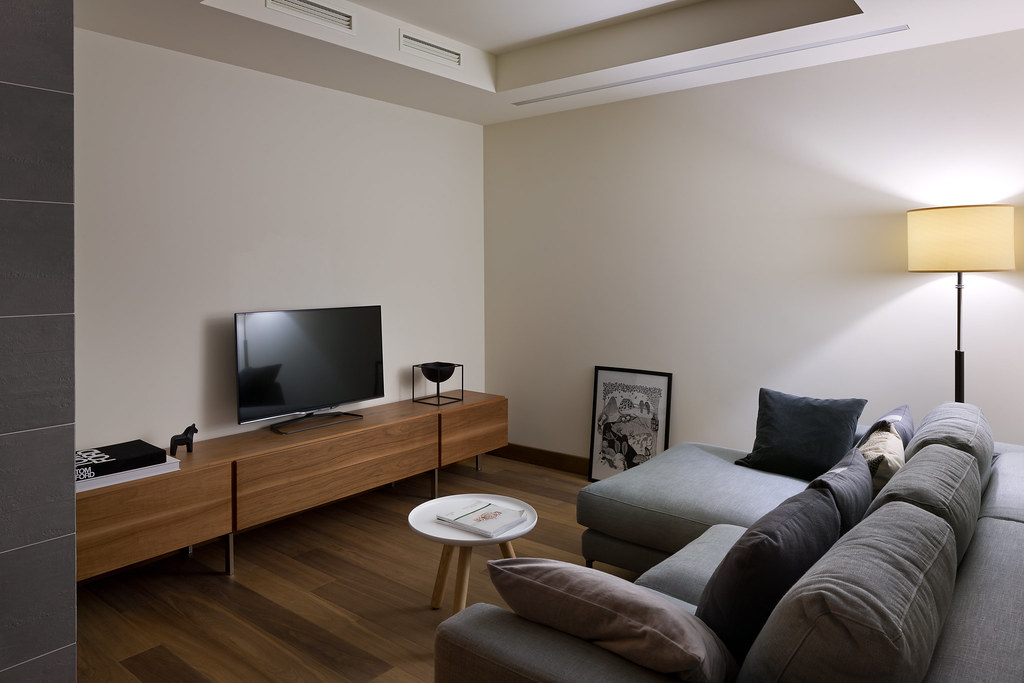Knowing Your Rights as a Tenant

0%
Finding a proper, comfortable, and relatively cheap housing is among the first things to sort out as a newcomer to Canada.
Finding a proper, comfortable, and relatively cheap housing is among the first things to sort out as a newcomer to Canada. While buying a house is the most flexible and independent option, the majority of newcomers and immigrants in Canada will choose to rent a property. As it is not your own property, you can’t do whatever you want with the house or apartment you are renting. In Canada, the relationship between the tenant and the landlord, whether being a person or a company, is governed by regulations and rules which are normally written down in documents. These regulations will clearly highlight your rights as a tenant and your responsibilities. This article will shed the light on the relationship between the tenant and the landlord in Canada and aims to help you understand clearly your rights and the associated responsibilities.
Questions to ask your landlord before renting
When you find a convenient and potential property for renting, it is important before you sign papers and commit to the legal bounds to ask your landlord a list of questions to reach an agreement and eliminate any misunderstanding which could arise later. This includes:
• What is the monthly rent and safety deposit?
• How long is the property lease?
• Can I renew the lease when it ends?
• Is the property furnished?
•Is parking included?
• Is there an additional storage for bikes and other belongings?
• Are utilities and services included in the rent, including water, internet, heating, electricity? If not, it is good to ask on the expected cost of utilities.
• Are there laundry facilities, and is it common or private?
• What amenities are included in the rent?
Landlord Responsibilities
As a tenant, it is very important for you to understand what your rights are and what the landlord responsibilities are towards you. Here are some of the key landlord responsibilities:
• Collect rent as agreed in the lease
• Provide you with a lease copy and regular receipts of rent payment
• Prepare the property so it complies with health and safety guidelines
• Maintain the property in a good condition
• Ensure that the property has main utilities including hot and cold water unless agreed otherwise
• Provide the appliances and utilities agreed in the lease
• Look after the common areas like hallways and yards
• Remove snow from walkways and driveways
• Get rid of household pests like silverfish, mice, and cockroaches
• Follow legal procedures at all stages
• Rent the deposit after the tenant moves out
• Respect the privacy of the tenants, meaning that landlord is not allowed to enter the property without providing notice and receiving the permission from the tenants
Tenants Responsibilities
While you have a multitude of rights that should be respected by the landlord as mentioned above, you as a tenant has also major responsibilities to comply with, including:
• Pay full rent on time
• Contact the landlord in case of financial difficulties
• Maintain the property in a clean and in good condition
• Notify the landlord about any leak, damage or general problem in the property
• Grant the landlord the permission to enter the property to fix repairs or show the property to future potential tenants
• Provide notice to the landlord to terminate the lease
• Leave and vacate the property immediately when the lease ends
• Return the keys to the landlord when moving out
• Maintain the initial condition and organization of the property, meaning that you are not allowed to renovate or change in the property without the landlord’s permission
• Maintain the same locks for the property
• Transfer the lease to someone else without the landlord’s permission
Signing a Lease
A lease is a rental agreement in the form of a contract between you as a tenant and the owner of the house or the landlord. It is the main legal document which governs the whole relationship between you and the landlord, which will be referred to in case of disputes or misunderstandings. It is important to ask for help if needed to check if the lease is in a good shape and preserve your rights before signing. The Financial Consumer Agency of Canada (FCAC) lists the main points to be included in standard property leases are:
• Names addresses and contact information of the tenant and landlord
• Lease time
• Monthly rent
• Rent payment due date
• Services covered by the monthly rent, such as electricity or parking
• Additional separate charges
• Condition for termination of a rental agreement
• Conditions for increasing the rent
• Deposit amount
• Additional rules set by the landlord
Before you sign a lease, we recommend that you contact your provincial or territorial consumer affairs office to get information on the landlord and tenant legislation in your area. In addition, the ‘I Want to Rent’ page on the Canada Mortgage and Housing Corporation (CMHC) website has useful information on landlord and tenant relationships like signing a lease, getting a record check and making payments. CMHC can also be contacted in case of complaints & evictions to get more information on how to deal with problems related to repairs and tenancy.
For Ontario province, here are the rules and guidelines governing the tenant-landlord relationship.
Tags: tenant, rent, house, landlord, rights, responsibilities, disputes, lease, property, contract.
RELATED ARTICLES
Recent Posts
- 2SLGBTQI+ Resources
- Local Immigration Partnership Renfrew and Lanark Counties launch online survey
- CULTURE CONNECT: Local Immigration Partnership and United Way East Ontario secure funding for New Horizons Program
- Pathways – Immigration to Canada
- Almonte resident George Yaremchuk presented with Culture Connector Award





Recent Comments